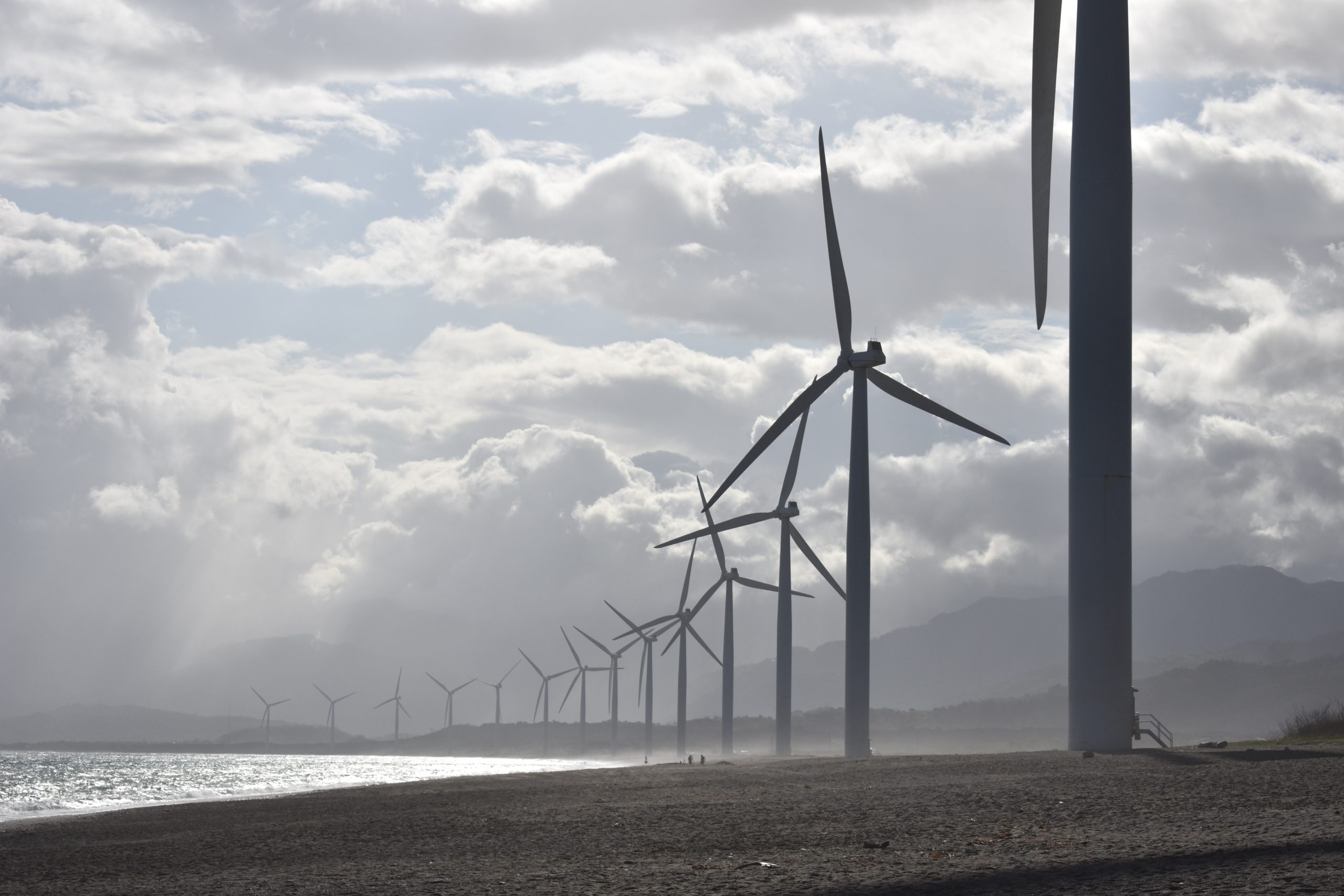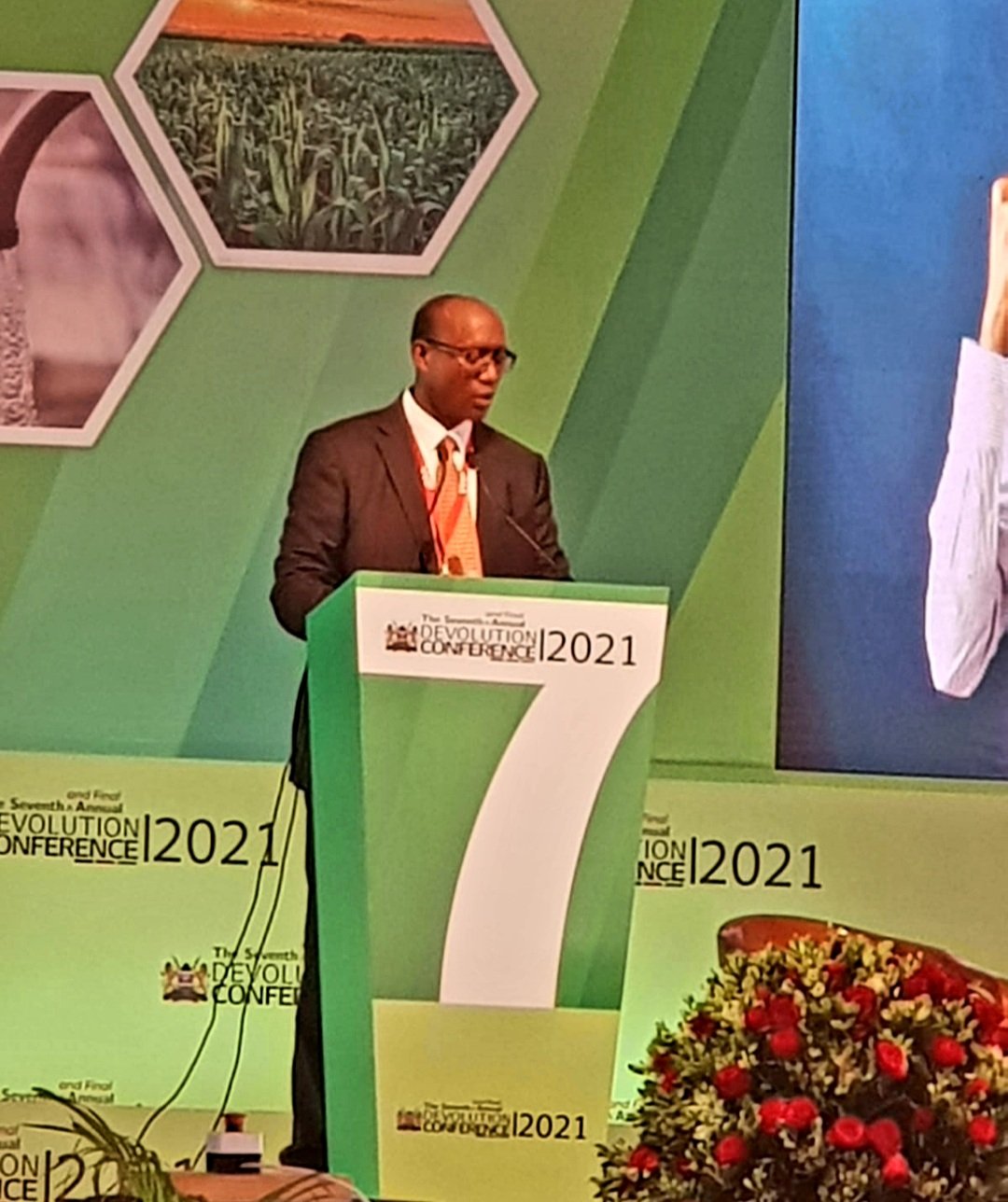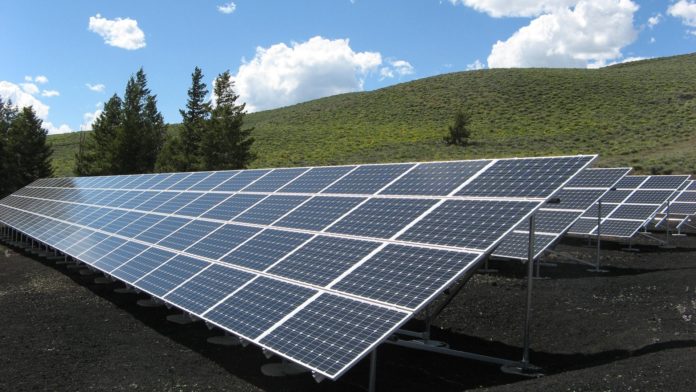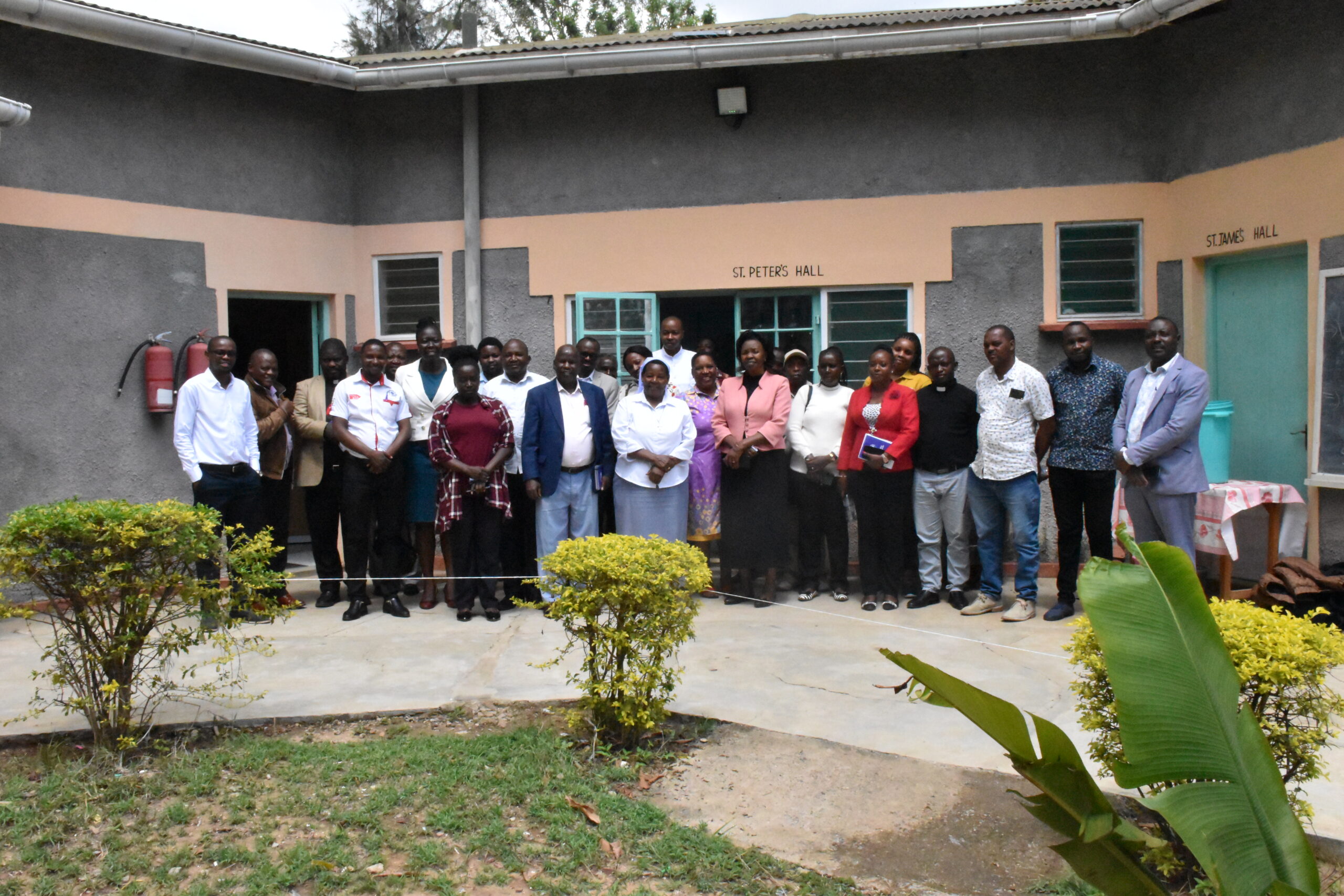By Mary Mwendwa
Nairobi, Kenya: The African Development Bank (AfDB) has pledged to support Kenya in raising finances to fight climate change that has led to drought, affecting 2.5 million people in 23 of its 47 counties.
The country is already spending eight percent of its GDP every five years on the impacts of drought alone.
Speaking during the 7th Annual Devolution Conference that opened on 24 November 2021, the AfDB’s Vice President for Power, Energy, Climate, and Green Growth, Dr. Kevin Kariuki, said the bank will support Kenya in creating a favorable environment to mobilize climate finance for adaptation.

The November 23-26 event is taking place in Makueni County, located in South Eastern Kenya, some 132 kilometers from Nairobi. It is running under the theme, “Multi-Level Governance for Climate Action”.
“To support Kenya’s climate change adaptation, the bank will draw on its experience in implementing community resilience through projects such as the Small Town and Rural Water Supply Programme, implemented in Kitui, Siaya, Bondo, Othaya, Mukurueini, and Maua, between 2011 and 2017, which have achieved great impact,” said Dr. Kariuki.
These towns are located in different distant parts of the country.
The projects, Dr. Kariuki said, had increased the total surface area of irrigated farmland from 700 hectares to 40,000 hectares; provided more than 567,689 people (52 percent women) with access to water and sanitation; and reduced incidences of waterborne illnesses by 50 percent.
He lauded Kenya for taking leadership on climate action, being one of the first countries in Africa to enact a comprehensive Climate Change Act, in addition to adopting policies and plans to guide national and sub-national (county) governments on climate actions. Kenya has also updated its Nationally Determined Contribution to reduce current greenhouse gas emissions by 32 percent by 2030, up from the previous commitment of 30 percent.
Dr. Kariuki called on county governments to allocate budgets for climate action in their County Integrated Development Plans so that they can collectively contribute towards the country’s Nationally Determined Contribution.

Similarly, Ambassador Ole Thonke, Chairperson of the Devolution Donor Working Group in Kenya, appealed to county governments to take lead in formulating adaptive measures, even as the national government joins global efforts to mitigate climate change.
At the recent COP26 in Glasgow, Scotland, President Uhuru Kenyatta announced Kenya’s pledge to avoid and reverse deforestation by 2030; to stop using coal, and to reduce methane gas emission.
In his virtual address to the Devolution Conference, President Kenyatta pointed out that the Ministry of Environment would provide at least 42.5 million tree seedlings per county, bringing the total to two billion, which is the target required to take forest cover from 7.2 percent currently to 10 percent forest by 2030.
The AfDB is funding this project, known as the Green Zones Development Support Project II, which is being implemented by the Kenya Forest Service.
On clean energy, the president noted that the government was employing innovative approaches to expand access to energy through off-grid solar power and other clean cooking energy sources. This is aimed at delivering 100 percent clean cooking energy sources by 2028.
On its part, the AfDB has supported Kenya to increase its share of electricity generated from renewable energy sources. An example project is the Lake Turkana Wind Project, which since 2018, contributes to the reduction of about 740,000 tons of CO2 equivalent emissions per year, according to Dr. Kariuki.
A second noteworthy project is the Menengai Geothermal Development Project, in which the Bank-financed steam development and steam gathering system for 465MW generation capacity. The 105MW first phase is expected to reduce CO2 emissions by 600,000 tonnes per year.
“There are huge opportunities for building a climate-resilient and prosperous Africa. Our continent is blessed with abundant solar, hydro, wind, and geothermal energy resources, as well as 60 percent of the world’s remaining arable land. These offer Africa comparative advantage, and the ability to create wealth while preserving the integrity of our planet,” observed Dr Kariuki.
The important role of the Private Sector in closing the climate financing investment gap was also a subject of discussion at the conference.
Incentives at national and sub-national levels to attract private investment in critical sectors such as energy, transport, industrialization, forestry, water, land use, and tourism, are therefore imperative.
The AfDB reiterated its commitment to supporting the continent to adapt and mitigate climate change effects. “As a Bank, we put our money where our mouth is! Given the urgent need for climate action in Africa, we will continue to enhance our share of climate finance to the continent by doubling our contributions to $25 billion by 2025,” Dr. Kariuki concluded.













